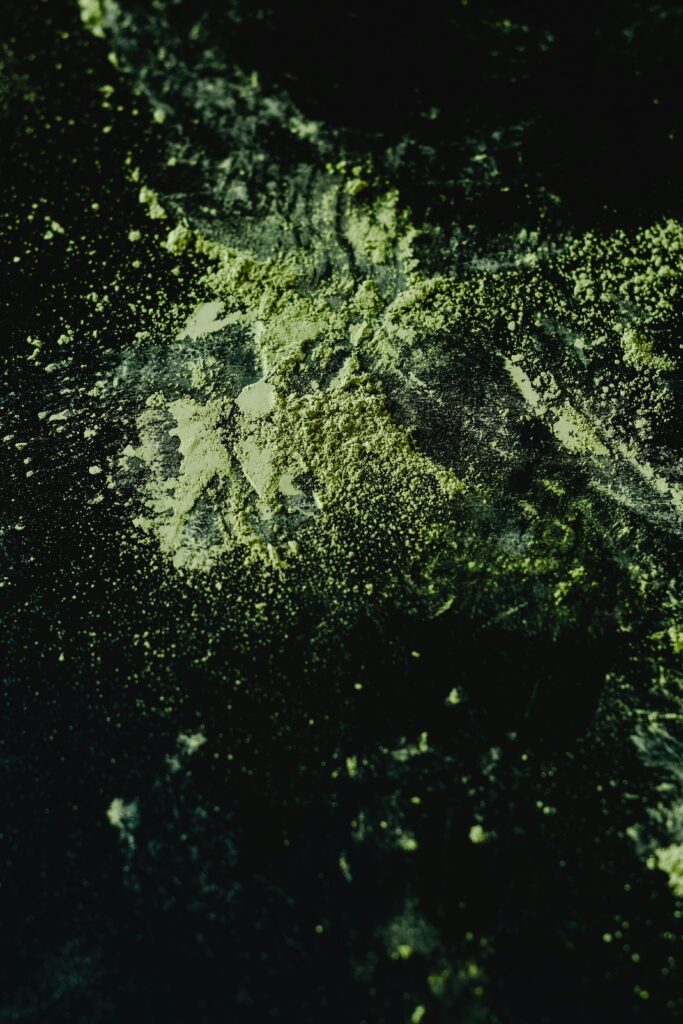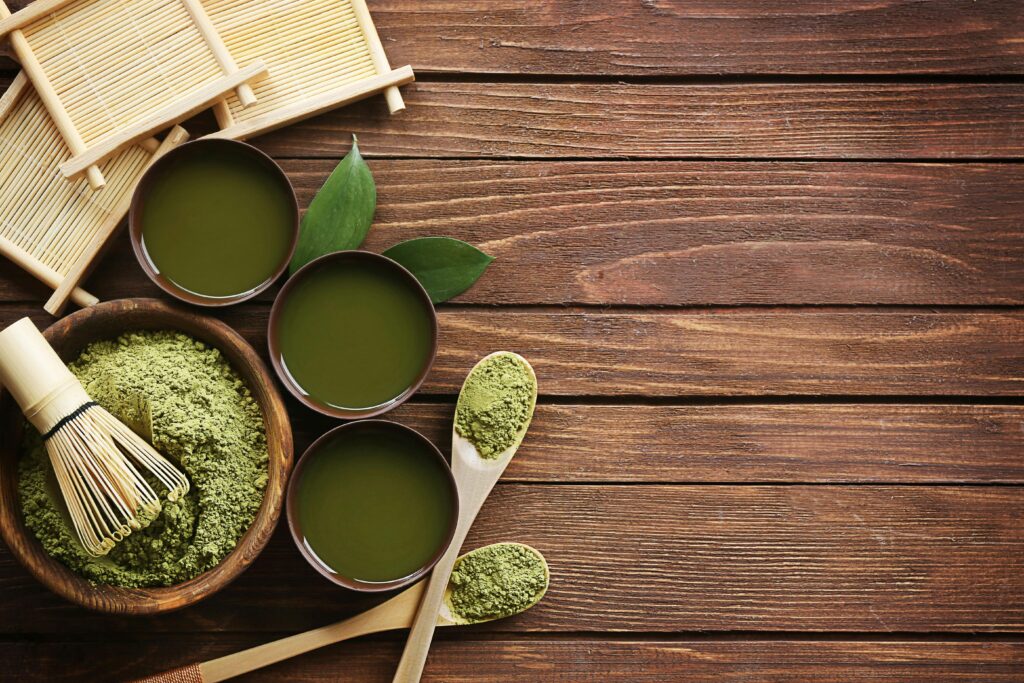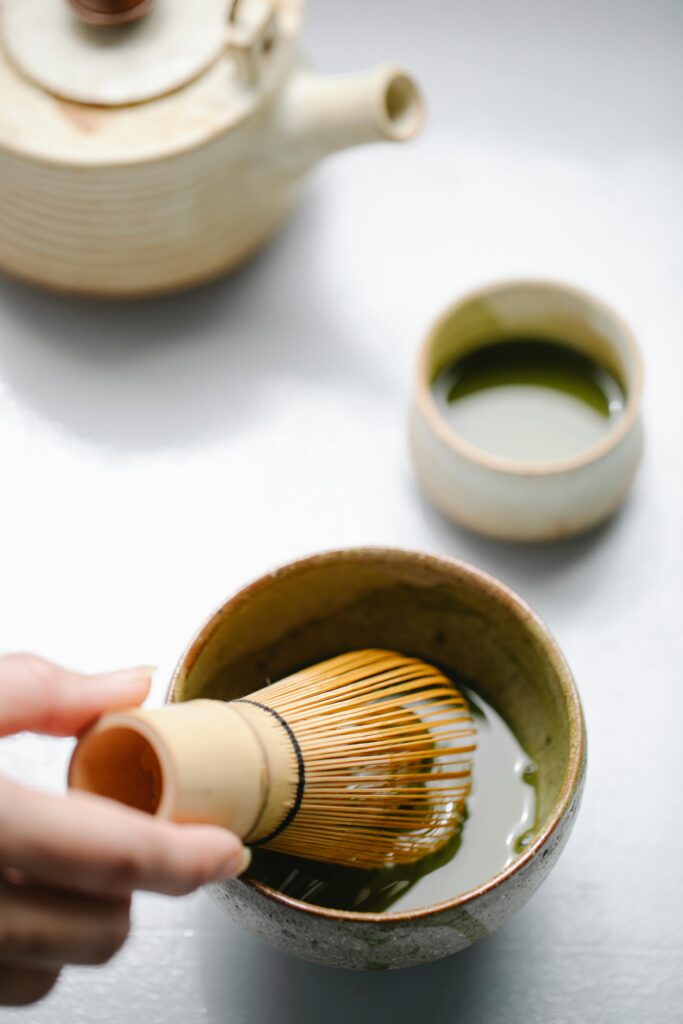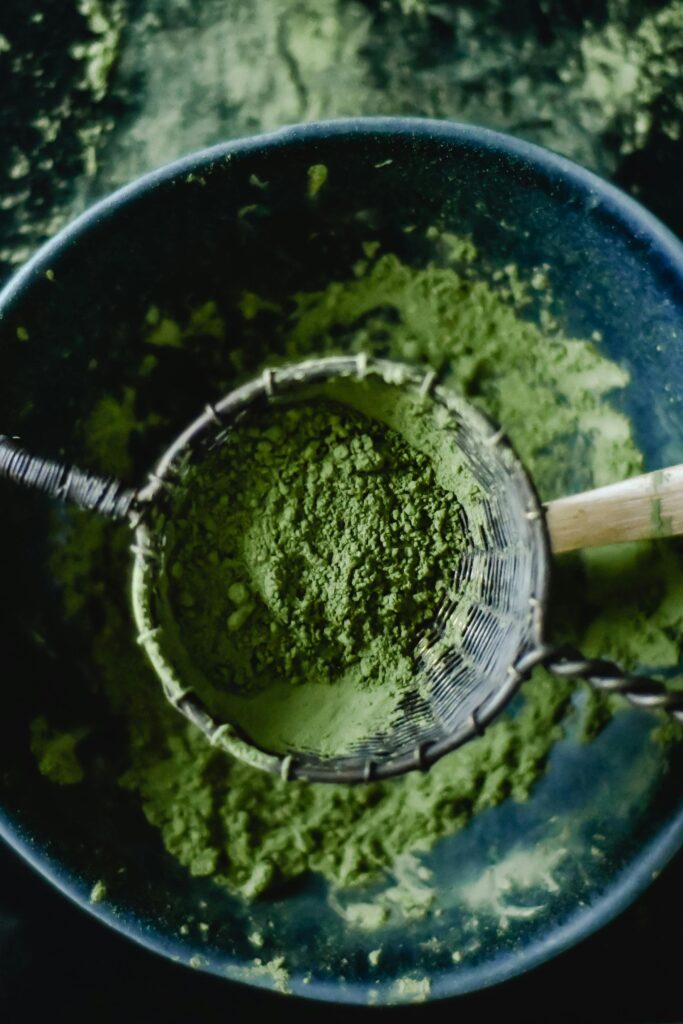Are you a Matcha seller? Join as a Vendor
Gluten-Free Certified is third-party verification that matcha contains less than 20 ppm gluten through lab testing. This certification protects celiac consumers.
There are no results matching your search
There are no results matching your search Reset filters?
Gluten-free certified matcha is matcha that has undergone third-party verification to ensure it contains no more than 10-20 parts per million (ppm) of gluten. While pure matcha powder is naturally gluten-free, certification protects against cross-contamination during processing and packaging. This verification matters because even trace amounts of gluten can trigger reactions in people with celiac disease.
The Gluten-Free Certification Organization (GFCO) sets the most stringent standard, requiring products to contain less than 10 ppm gluten. BRCGS uses a risk-based approach with comprehensive facility audits, while the Association of European Coeliac Societies allows up to 20 ppm gluten. NSF and the Gluten-Free Food Program also provide independent verification services.
Each certification body requires regular testing using ELISA-based assays to detect gluten proteins. Brands must submit to facility inspections and implement strict gluten control measures throughout their supply chain.
Matcha faces contamination risks when processed in facilities that handle wheat, barley, or rye. Shared equipment, storage areas, and packaging lines can introduce gluten particles. Even airborne flour dust can contaminate products processed nearby.
Certified facilities must establish dedicated gluten-free zones, implement thorough cleaning protocols between production runs, and verify supplier ingredients. Staff training on gluten control procedures is mandatory for maintaining certification status.
Brands seeking certification start with an application and documentation review. The process typically takes 4-6 weeks and includes:
Certification costs vary by program, starting around $1,350 for smaller operations. Annual audits and testing maintain certification validity.
The matcha market is projected to reach $6.7 billion by 2035, with gluten-free products capturing increasing market share. Certified brands like The Republic of Tea and MatchAiA gain consumer trust and access to specialty retail channels.
For consumers with celiac disease or gluten sensitivity, certification provides peace of mind. It reduces health risks and supports dietary compliance without compromising on matcha quality. The certification also appeals to health-conscious consumers who prefer products with verified safety standards, even without gluten sensitivity.





Join our mailing list to receive updates and exclusive tips.
There are no results matching your search